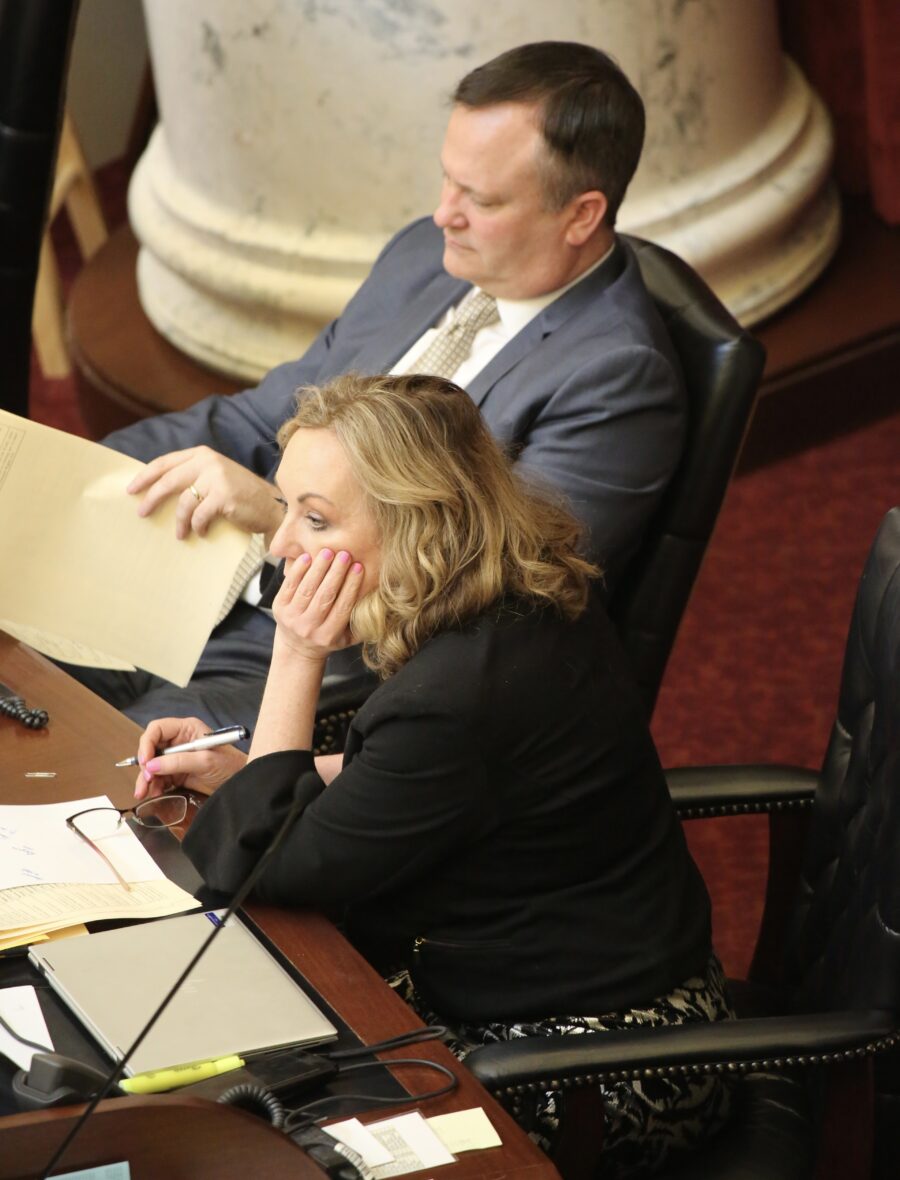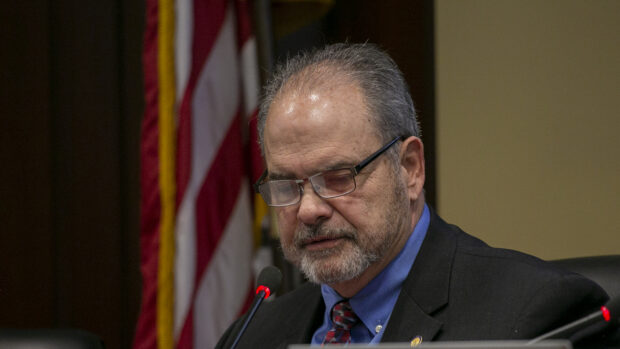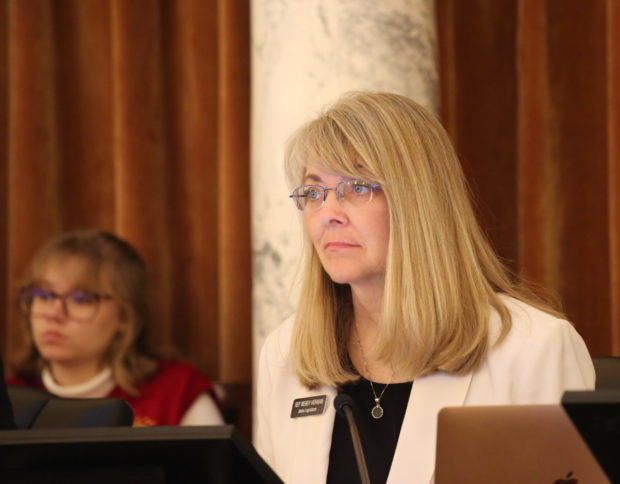
We haven’t yet heard the sweetest words in the Idaho political vocabulary: sine die.
Latin for “without day,” the phrase marks the end of a legislative session. The term is used — with no shortage of relief — when lawmakers adjourn for the year. Without a day to return, until the following January.
Look, we’re all about celebrating sine die. Unconditionally. If the 2023 Legislature wraps up this week, as lawmakers now hope, who are we to stand in the way?
But here’s something to consider. As turbulent as the 2023 legislative session has been, the 2024 legislative session could easily top it.
The 2023 Legislature has left some big hot-button issues unresolved. Next year, these debates will intersect with elections — when all 105 legislative seats are on the ballot, and the balance of power in the Statehouse could be riding on the outcome.
If you thought this year was something — and, well, it was — next year is going to be something else.
The school choice debate isn’t going away. It could pick up right where it left off in March — when a bill funding private tuition grants passed the Senate but stalled in the House.
Consider the 2023 session a contentious, time-consuming process of getting a baseline in the Statehouse.
As expected going into the 2023 session, a very conservative Senate Education Committee was bullish on school choice. And, as it turned out, much more gung-ho than the Legislature in general. A universal education savings account bill — carrying a first-year, $45 million sticker price — had plenty of support in committee, but crashed on the Senate floor.
Senators were more receptive to a smaller, limited plan — tacking $12 million a year onto the Empowering Parents education program, enough to fund a publicly funded, private tuition pilot. But that idea went nowhere in the House Education Committee. As expected, House Education proved to be a moderate foil to Senate Education — and ultimately, it proved to be the graveyard for school choice.
Barring major changes around the Statehouse between now and 2024, we know something about the temperature of the room when it comes to school choice. A big, Arizona-esque education savings account bill is probably a nonstarter. A smaller, modest pilot has more of a chance.

All of this might narrow down the scope of the debate but not its intensity. Shifting public K-12 dollars into homeschooling or private school would be a historic step — a start of a “journey,” as Senate Education Committee Chairman Dave Lent repeatedly reminded his colleagues. Expect another fierce fight over the merits and wisdom of such a journey.
And maybe, expect a fight over repealing the Blaine Amendment, the constitutional ban on siphoning public dollars into religious schools. Attempts at a repeal got nowhere in the 2023 session, but in the end, that’s a moot point. A repeal can’t occur unless a majority of voters say yes — and the question can’t appear on a statewide ballot before November 2024.
Meanwhile, the fight over higher education politics is sure to continue, and maybe even intensify.
This year, Gov. Brad Little’s higher education budget made its way through the Legislature intact, and on the first shot. The vote margins, while comfortable, still underscored the ideological split within the Legislature. The hardline wing — including some well-entrenched House Republicans and a cadre of first-term senators — saw the budget as a referendum on campus diversity, equity and inclusion programs.
This year’s budget specifically banned the four-year schools from using state dollars on DEI or “social justice ideology.” And with a twinge of frustration, legislative budget-writers told their colleagues that the spending bill goes as far as it can on DEI. If lawmakers want to do more, they could pursue an outright ban on DEI at public colleges and universities.

“I think the universities are open to that at this point,” Idaho Falls Republican Rep. Wendy Horman, co-chair of the Joint Finance-Appropriations Committee, said during House floor debate last week. “If we want to set the policy, let’s set the policy.”
If this idea resurfaces during the 2024 session, don’t be surprised.
Lawmakers are certainly going to try to make hay on hot-button topics — school choice, the Blaine Amendment, DEI — when they think it improves their chances of political survival.
The 2024 session will coincide with the 2024 election. In less than a year, candidates will file to run for the state’s 105 legislative seats, which all will be up for grabs. Yes, it was only four months ago that Idaho ushered in a new group of lawmakers — including a whopping 39 first-time legislators. But the election cycle isn’t that far away. As Ferris Bueller once observed, “Life moves pretty fast.”
And politics has a way of keeping up.
The May 2024 primaries, like their 2022 predecessor, will again be a battle for supremacy within the Republican Party. Hardliners will seek to expand on their 2022 gains, particularly in the Senate. The mainstream wing of the Republican Party, the GOP more closely aligned to Little, will seek to hold the line, while clawing back some seats in both houses.
House Education and Senate Education — two very different committees — will be right in the middle of the battleground.
The May primary might give lawmakers some built-in incentive to work quickly and adjourn early. Or not, since a raucous and attention-grabbing legislative session is its own form of campaigning.
Either way, it will be a wild ride before we hear the words “sine die” in 2024.
Each week, Kevin Richert writes an analysis on education policy and education politics. Look for it every Thursday.
